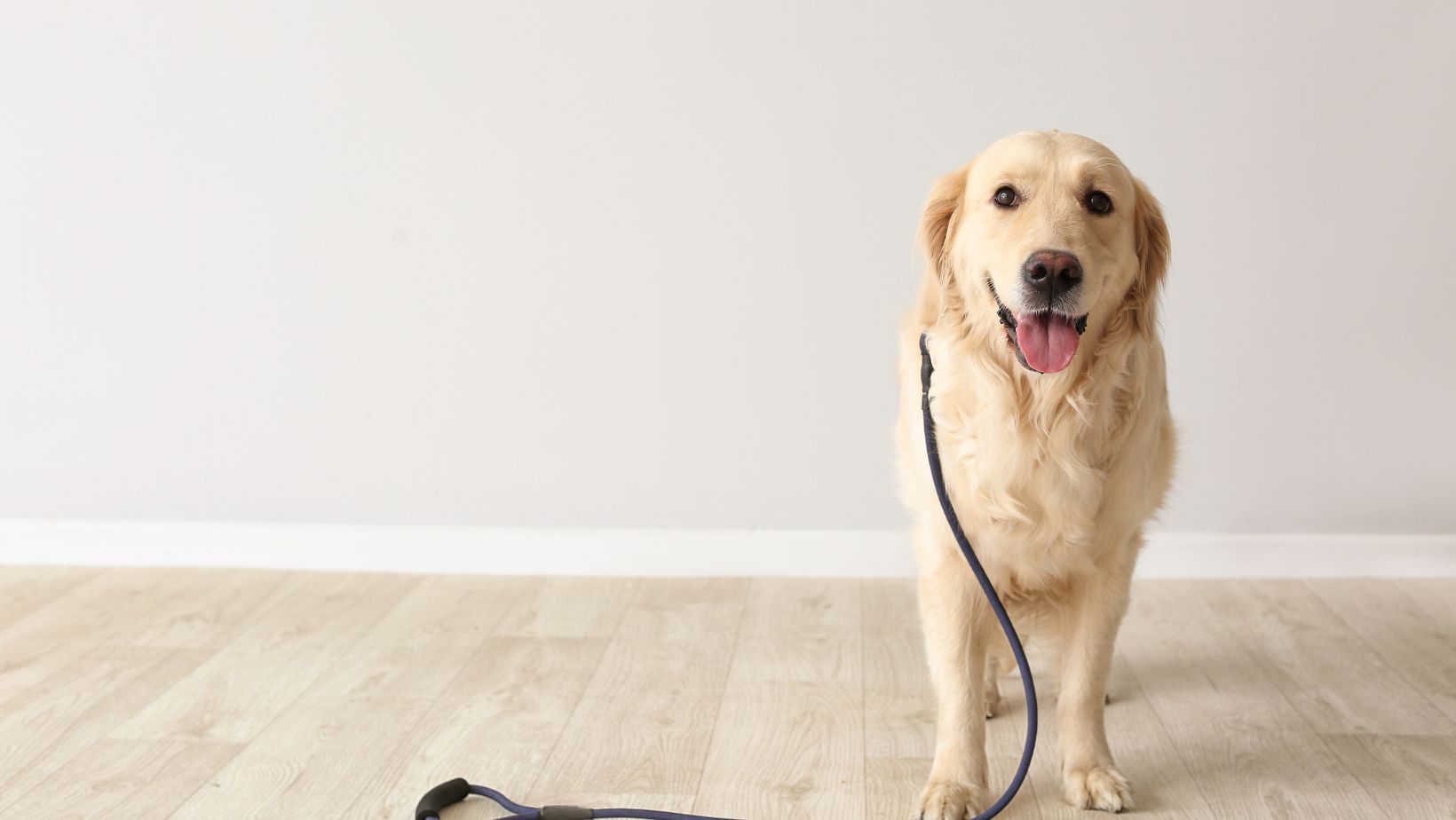How to Train a 7 Week Old Puppy
Training a 7-week-old puppy can be an exciting yet challenging endeavour. During this crucial stage of their development, puppies are like sponges, absorbing everything around them. As a responsible pet owner, it’s important to start implementing positive training techniques early on to ensure your furry companion grows into a well-behaved and obedient adult dog.
One key aspect of training a 7-week-old puppy is establishing a consistent routine. Dogs thrive on structure and predictability, so setting up regular feeding times, potty breaks, play sessions, and nap schedules will help them understand what is expected of them. Consistency in training methods is also essential for effective communication with your pup.
When it comes to teaching basic commands such as sit, stay, and come, using positive reinforcement techniques is highly recommended. Rewarding your puppy with treats or praise whenever they exhibit the desired behavior encourages them to repeat it in the future. Patience is crucial during these training sessions as young puppies have short attention spans and may require frequent breaks.
In conclusion, starting the training process at 7 weeks old lays the foundation for a well-behaved and disciplined dog in the future. By providing consistency, positive reinforcement, and patience throughout the training journey, you’ll be helping your puppy develop good habits that will benefit both of you for years to come. So grab some treats and get ready to embark on this exciting adventure with your adorable new companion!
Choosing the Right Training Method
When it comes to training a 7-week-old puppy, choosing the right method is crucial for their development and behavior. There are various techniques to consider, but three popular ones include positive reinforcement training, crate training, and socialization techniques.
Positive Reinforcement Training
Positive reinforcement training focuses on rewarding desired behaviors rather than punishing unwanted ones. This method involves using treats, praise, or toys to reinforce good behavior such as sitting, staying, or walking calmly on a leash. By consistently rewarding your puppy’s positive actions, they will associate those behaviors with pleasant outcomes.
For example:
- When teaching your puppy to sit, give them a treat and praise when they successfully follow the command.
- Use verbal cues like “good boy/girl” or “well done” while offering treats during training sessions.
- Avoid harsh punishments or scolding as this can lead to fear and anxiety in young puppies.
Crate Training for Puppies
Crate training provides a safe and comfortable space for your puppy while also helping with housebreaking and preventing destructive behavior. Introducing your puppy to a crate gradually helps them view it as their den—a cosy retreat where they can relax and rest.
Here are some tips for crate training:
- Start by placing soft bedding inside the crate along with some toys or chew bones.
- Encourage your puppy to enter willingly by tossing treats inside the crate.
- Gradually increase the amount of time your puppy spends in the crate, ensuring they have regular bathroom breaks.
- Never use the crate as a form of punishment; it should be seen as a positive space.
Socialization Techniques
Socialising your 7-week-old puppy is essential for their overall well-being and future interactions with other dogs and people. Exposing them to different environments, sounds, sights, smells, and experiences at an early age helps build confidence and reduces fearfulness or aggression later in life.
Consider the following socialisation techniques:
- Take your puppy for short walks in different locations, allowing them to encounter various stimuli.
- Arrange playdates with other friendly and vaccinated puppies to promote positive interactions.
- Introduce your puppy to a variety of people, including children, adults, and individuals wearing hats or uniforms.
- Gradually expose your puppy to new experiences like car rides, grooming sessions, and visits to the veterinarian.

Setting Up a Safe and Comfortable Space
Creating a Puppy-Friendly Environment
When it comes to training a 7-week-old puppy, one of the first steps is to set up a safe and comfortable space for them. Creating a puppy-friendly environment is essential for their well-being and helps establish a positive learning environment.
Start by designating an area in your home where your puppy can safely roam and play. It’s important to choose a space that is easily accessible, away from any potential hazards such as electrical cords or toxic plants. Consider using baby gates or playpens to create boundaries if needed.
Make sure the designated area includes cosy bedding for your puppy to rest comfortably. Providing soft blankets or dog beds will give them a sense of security while they nap or relax.
Additionally, consider puppy-proofing the space by removing any items that may pose dangers, such as small objects they could swallow or chew on. Keep household cleaners, medications, and other potentially harmful substances out of reach.
Choosing the Right Puppy Supplies
To ensure your 7-week-old puppy has everything they need in their training space, it’s crucial to select appropriate supplies. Here are some essentials:
- Food and water bowls: Opt for shallow dishes that are easy for your puppy to access.
- Puppy food: Consult with your veterinarian to determine the right type of food for your specific breed and age.
- Chew toys: Provide suitable chew toys to satisfy their natural teething instincts and prevent destructive chewing behavior.
- Potty pads or litter box: Set up an area specifically designated for potty training purposes.
- Collar and leash: Introduce these early on so your puppy becomes familiar with wearing them.
Remember, each breed may have different needs when it comes to supplies, so consult with professionals or do thorough research based on your particular pup’s requirements.